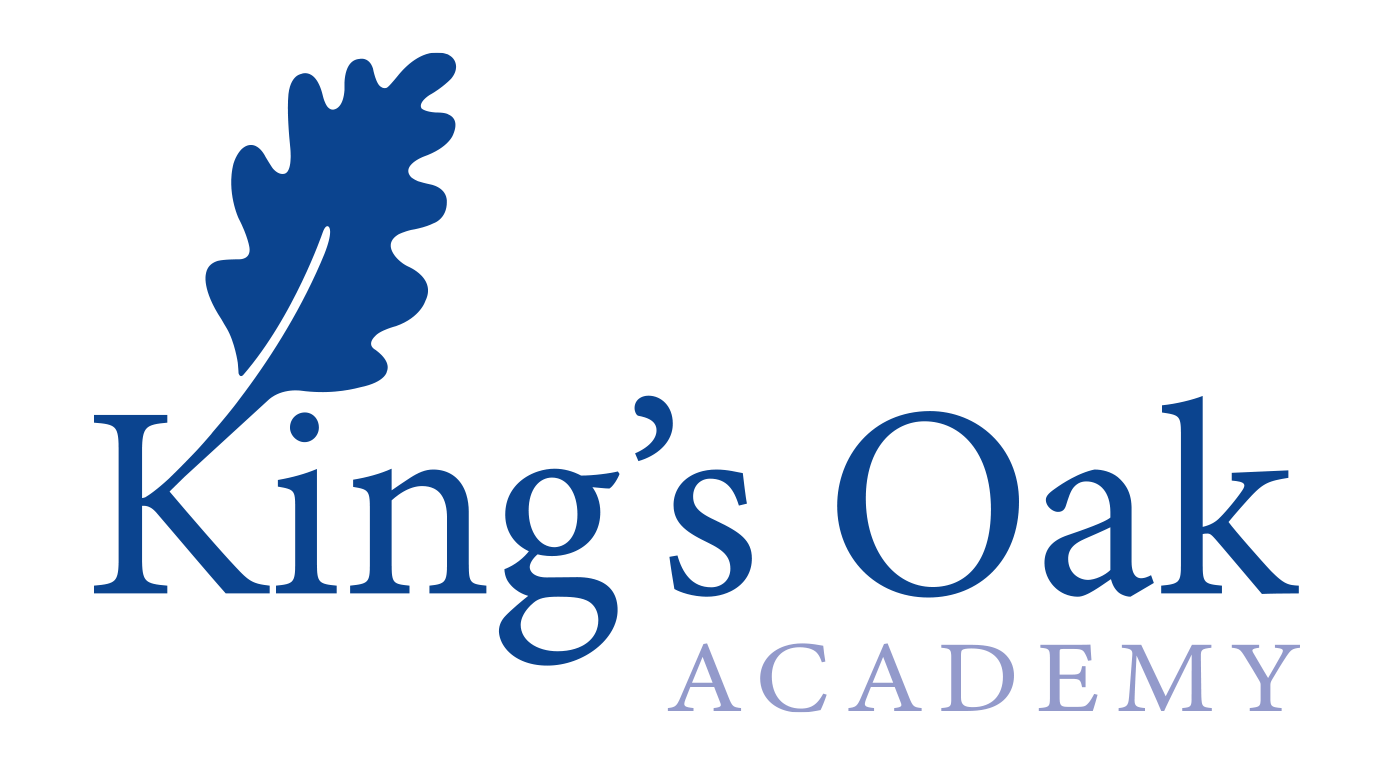Lower School Curriculum
Our curriculum aims to enable our children to understand their place in the world, which they exploit because of a developed sense of self and agency that is built on an ability to seek meaning and make connections. Our pupils’ evolving understanding is secured through a foundation of knowledge, skills and concepts delivered through our States of Being curriculum.
Reading
In Reception and Year 1, we promote a ‘phonics first’ approach and in both our guided reading sessions at school and in the books children take home, texts are very closely matched to a child’s current phonics knowledge so that every child can experience real success in their reading. In these crucial early stages of reading we primarily use books from Ransom Reading Stars Phonics, to ensure complete fidelity to the Unlocking Letters and Sounds progression we follow.
Once children progress beyond decodable texts, they move onto our book scheme so that they can continue to progress in their decoding, fluency and comprehension skills to become avid, expert readers.
As children progress into Years 2, 3 and 4, we teach reading skills in daily Whole Class Reading sessions. Texts are selected for purpose: sometimes, these texts are those that we will be using within Authors units and sometimes they link to our current state of being. We use a range of fiction and non-fiction texts as we support our learners in developing fluency and understanding.
KOA Readers Intent, Implementation, Impact
Writing
In the Lower School, we teach writing skills in daily Authors lessons. Each term, there is a three-week fiction focus and two-week non-fiction focus, inspired by and taught through a high-quality, carefully selected text. Teachers also plan opportunities for children to apply their writing skills in short bursts across the curriculum. Handwriting is taught both through discrete and focussed sessions and within Authors and States-of-Being lessons; spelling is taught discretely and is applied in all other lessons.
KOA Writers Intent, Implementation, Impact
Maths
From Reception to Year 4, Maths is taught daily. Our main focus in Maths lessons is on reasoning and our children have many opportunities to develop their oracy skills through these lessons, discussing, exploring and explaining. Maths includes a range of opportunities to use manipulatives to develop, demonstrate and make links across their learning. In the Lower School, we also continue to develop fluency in number, including multiplication and in the various written methods, through daily Maths fluency sessions.
Mathematicians 1-page core curriculum overview
Phonics Scheme
We use Unlocking Letters and Sounds which was validated by the DfE in December 2021. We begin teaching phonics in the first few weeks of term 1 in Reception and children make rapid progress in their reading journey. Children begin to learn the main sounds heard in the English Language and how they can be represented, as well as learning ‘Common Exception’ words for Phases 2, 3 and 4. They use these sounds to read and write simple words, captions and sentences. Children leave Reception being able to apply the phonemes taught within Phase 2, 3 and 4.
In Year 1 through Phase 5a, b and c, they learn any alternative spellings and pronunciations for the graphemes and additional Common Exception Words. By the end of Year 1 children will have mastered using phonics to decode and blend when reading and segment when spelling. In Year 1 all children are screened using the national Phonics Screening Check.
In Year 2, phonics continues to be revisited to ensure mastery of the phonetic code and any child who does not meet age related expectations will continue to receive support to close identified gaps. To ensure no child is left behind at any point in the progression, children are regularly assessed and supported to keep up through bespoke 1-1 interventions. These include GPC recognition and blending and segmenting interventions. The lowest attaining 20% of pupils are closely monitored to ensure these interventions have an impact.
For further details please see the Unlocking Letters and Sounds progression:
Unlocking Letters and Sounds Progression
States of Being
During the Primary Years at King’s Oak, we recognise the various curriculum areas as ‘States of Being’: ‘I am an Author‘, ‘I am a Geographer‘, ‘I am a Designer‘ and ‘I am a Mathematician‘ are just a few examples.
Key concepts and meaningful experiences drive our children’s enquiries into our States of Being. School adults challenge our learners to seek answers to questions that intuitively create opportunities to refine knowledge and skills in different states of being. This active learning ensures greater involvement and creates links with prior and future learning. Through planning meaningful experiences and opportunities, our curriculum is enriched and supports our children in making links between their learning now and into the wider world.
KOA Historians Intent, Implementation and Impact R-6
KOA Geographers Intent, Implementation and Impact R-6
KOA Scientists Intent, Implementation and Impact R-6
KOA Artists Intent, Implementation and Impact R-6
KOA Designers Intent, Implementation and Impact R-6
KOA PSHE Intent, Implementation and Impact
KOA Computer Scientists Intent, Implementation and Impact R-6
KOA MFL Intent, Implementation and Impact R-6
KOA Athletes Intent, Implementation and Impact R-6

